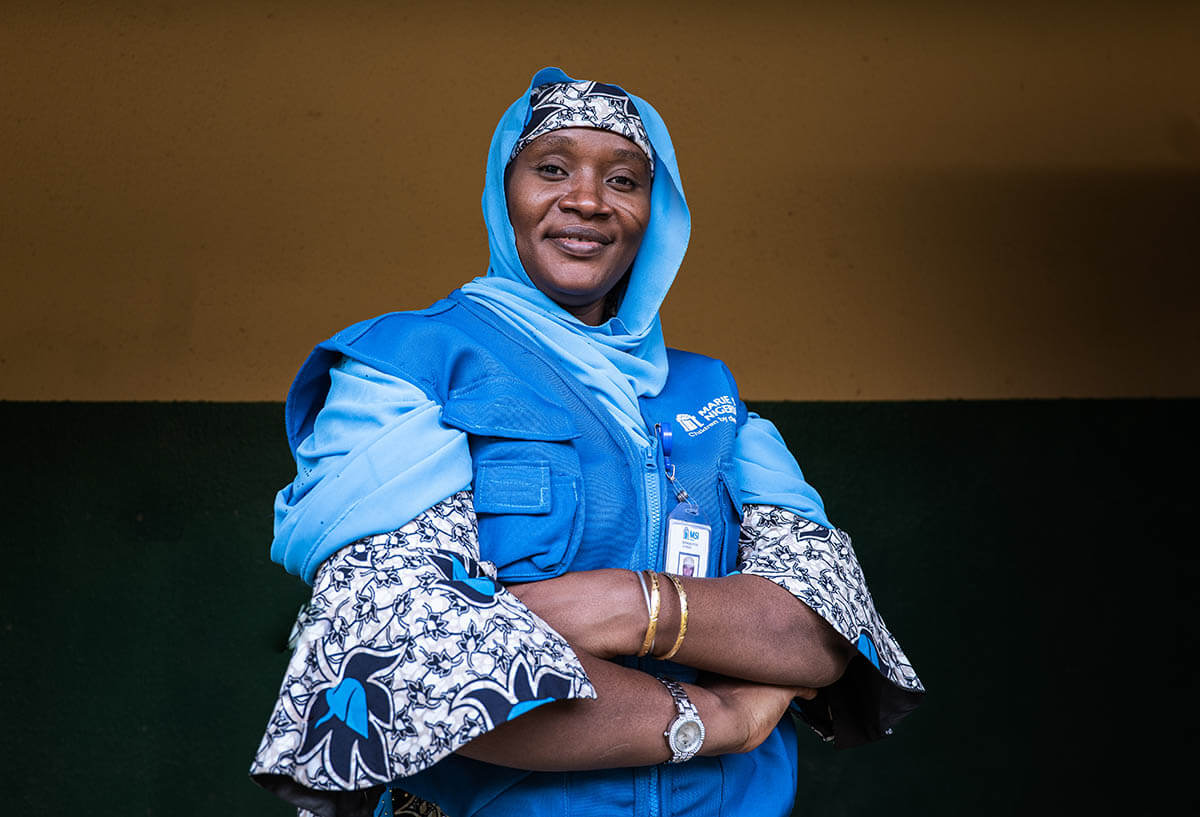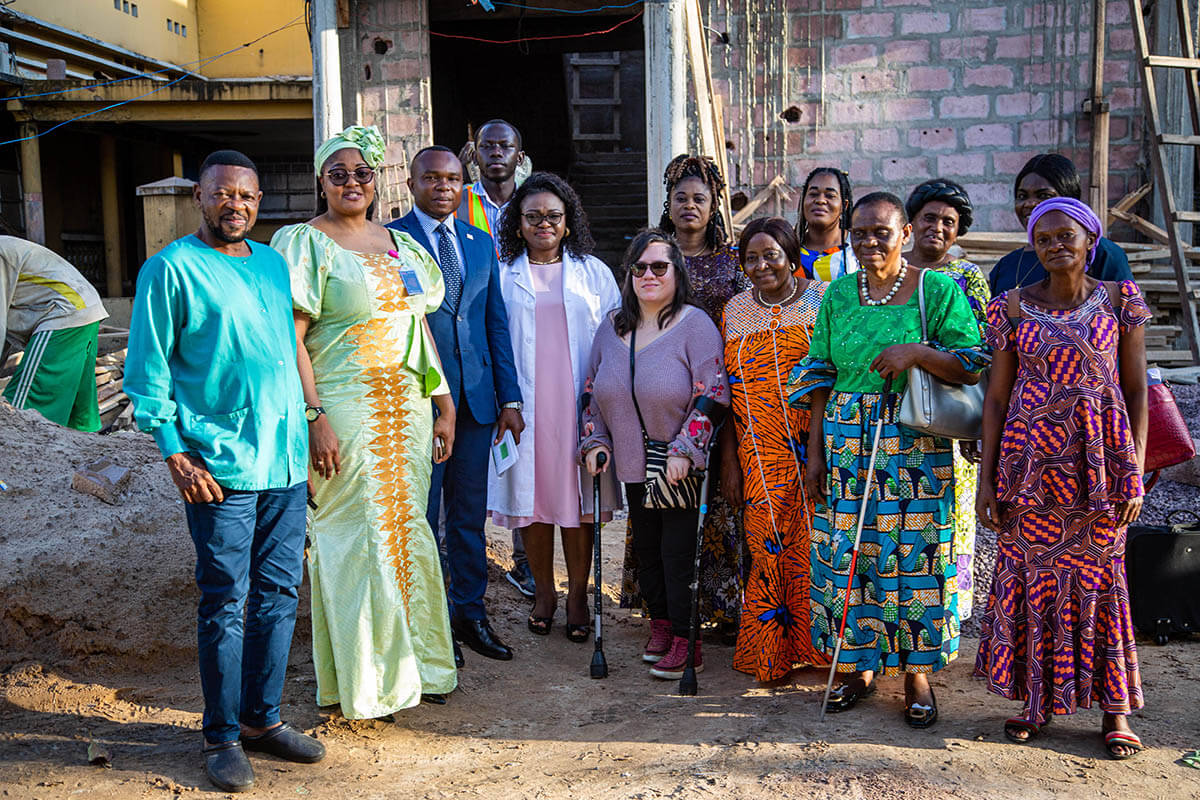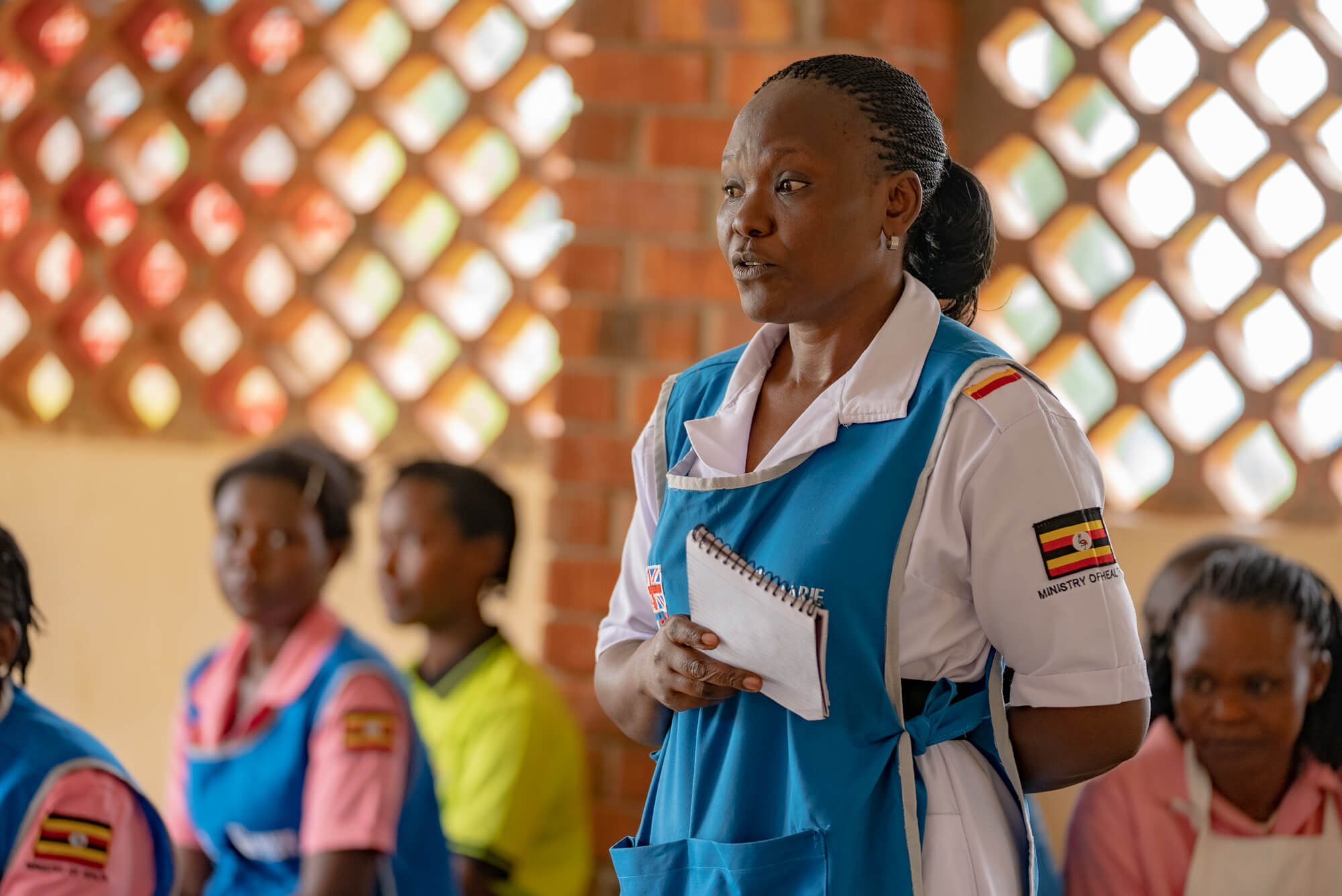US election: ‘The world’s poorest women and girls will pay the price’ if Global Gag Rule is reimposed
- MSI analysis shows that globally one in three women of reproductive age could have their reproductive health and rights impacted by the reinstatement of the Global Gag Rule.
- If Trump adopts policies set out in Project 2025, the Global Gag Rule would apply to all ‘foreign assistance’, around $51bn.
- If the Gag Rule is reinstated, MSI would lose $14 million in USAID funding, which it estimates could result in an additional 2.4 million unintended pregnancies.
Wednesday November 6, 2024: MSI Reproductive Choices warns that the Global Gag Rule would deprive millions of women of contraception, safe abortion and other essential healthcare.
The Global Gag Rule, which was introduced by Ronald Reagan 40 years ago, repealed by every Democratic administration and reinstated by every Republican one, blocks US government funding for non-US organisations if they so much as tell a woman abortion is a legal option in her country, refer her to another provider or advocate for abortion rights with their own alternative resources.
The United States does not fund abortions abroad, as stipulated by the Helms Amendment. However, by blocking funding to global reproductive healthcare providers like MSI, the Global Gag Rule reduces women’s access to contraception and other essential healthcare.
Under the policies set out in Project 2025, the Global Gag Rule would be expanded in an unprecedented way. Under Trump’s last administration, it was expanded to include all ‘global health assistance’, around $7bn (a significant rise from former iterations of $300-$600m). If Trump adopts policies set out in Project 2025, the Global Gag Rule would apply to all ‘foreign assistance’, around $51bn.
MSI analysis shows there are 690 million women of reproductive age living in countries receiving USAID funding. This accounts for 36% of all women of reproductive age worldwide, meaning one in three women of reproductive age could have their reproductive health and rights impacted by the reenactment of the Global Gag Rule.
MSI has never and will never sign the Global Gag Rule. When this was last introduced in 2017, it reduced MSI’s donor income by $120 million, which would have allowed MSI to serve an estimated 8 million women with family planning, preventing 6 million unintended pregnancies, 1.8 million unsafe abortions and 20,000 maternal deaths.
Sanou Gning, Director at MSI Reproductive Choices said:
“If the Global Gag Rule is reimposed it will have a devastating impact on millions of women for years to come, depriving them of the contraception they need. It is the world’s poorest women and girls who will pay the price, with lives lost because they are unable to safely space their pregnancies or because they have no option but to resort to unsafe abortion. No one should have to pay such a terrible cost for trying to determine their own future.
“When Trump signed the last Gag Rule, we were deeply moved by everyone who stepped in to support our work and ensure we were able to continue to serve women and girls. But this time there is no alternative funding on the horizon and all the people we reach with USAID funding are at risk.”
Since President Biden rescinded the Gag Rule in 2021, MSI has been eligible to apply for US funding and has received investment with the potential to reach approximately 2.6 million women with high-quality sexual and reproductive health services. If the Gag Rule is reinstated, MSI will lose $14 million in USAID funding. The loss of these services could result in an additional 2.4 million unintended pregnancies.
Zimbabwe
One of the countries, which would be most badly affected by the withdrawal of US government family planning funding to MSI is Zimbabwe, where MSI’s programme, Population Services Zimbabwe (PSZ), was awarded 9 million USD from USAID in October 2023 to deliver a five year programme of work. This money, which equates to more than 50% of PSZ’s donor funding, supports four of the programme’s nine outreach teams who travel to the most remote parts of Zimbabwe to provide free contraceptive services to women who have little to no other options. If the Gag Rule is reimposed and funding comes to an end, 1.3 million women won’t receive the care they need, leading to an additional 461,200 unintended pregnancies and 1,400 maternal deaths.
Counterproductive
The Global Gag Rule states that it seeks to reduce the number of abortions, but tragically the policy has the exact opposite effect to the one that is intended. A Guttmacher study, developed with insights from MSI, found that the gag rule stalled and even reversed progress toward expanded access to modern contraception in Ethiopia and Ugandaiii. If the Global Gag Rule is expanded and Project 2025 is implemented, the outcome could be even more catastrophic.
Beth Schlachter, MSI’s Senior Director of US External Relations said:
“If he follows through with his campaign commitments, Trump’s return to the White House will lead to a global assault on abortion rights and access. Another Trump Gag Rule – or worse, the adoption of the reproductive health policies outlined in Project 2025 – will cause millions of women to lose access to contraception, safe abortion, and other essential healthcare. It will bolster anti-rights movements around the world, with the US acting as a headquarters to accelerate global attacks on sexual, reproductive and LGBTQ+ rights.
“MSI has never and will never sign the Global Gag Rule, and we commit to doubling down on our efforts to hold the line on reproductive rights. If the Gag Rule is expanded to include US-based NGOs, MSI has the ability to fill the gap, but funding will be required to do so. Ahead of the inauguration, MSI is calling on partners, world leaders and donors who believe in the right to choose to step forward, to protect reproductive freedoms together.”
Modester’s story
Modester is 20 years old and a mother of a two-year-old child. She lives in Mashonaland Central Province, in rural Zimbabwe, where access to contraception is limited.

In remote communities like Modester’s, it can be difficult and expensive to travel to government health centres to access contraception. Outreach healthcare teams like MSI’s can be the only chance of receiving reproductive healthcare.
But the outcome of the US election puts these services at risk.
Modester visited MSI’s outreach clinic in Bungwe to receive a contraceptive implant after having her first child. She said:
“It helps us with family planning; you are able to space your children and fall pregnant again when you want to.”
“Contraception enables us to let our children grow, giving them adequate love and care. If MSI Zimbabwe weren’t here, we would be suffering.”
Wellington Chundu is a team leader of one of MSI Zimbabwe’s outreach teams that is funded by USAID. He travels into remote communities to provide contraception and counselling.
Speaking about the risk that they will have to stop their services, he said,
“I feel we would have betrayed these communities. The families, the women and their kids.”






